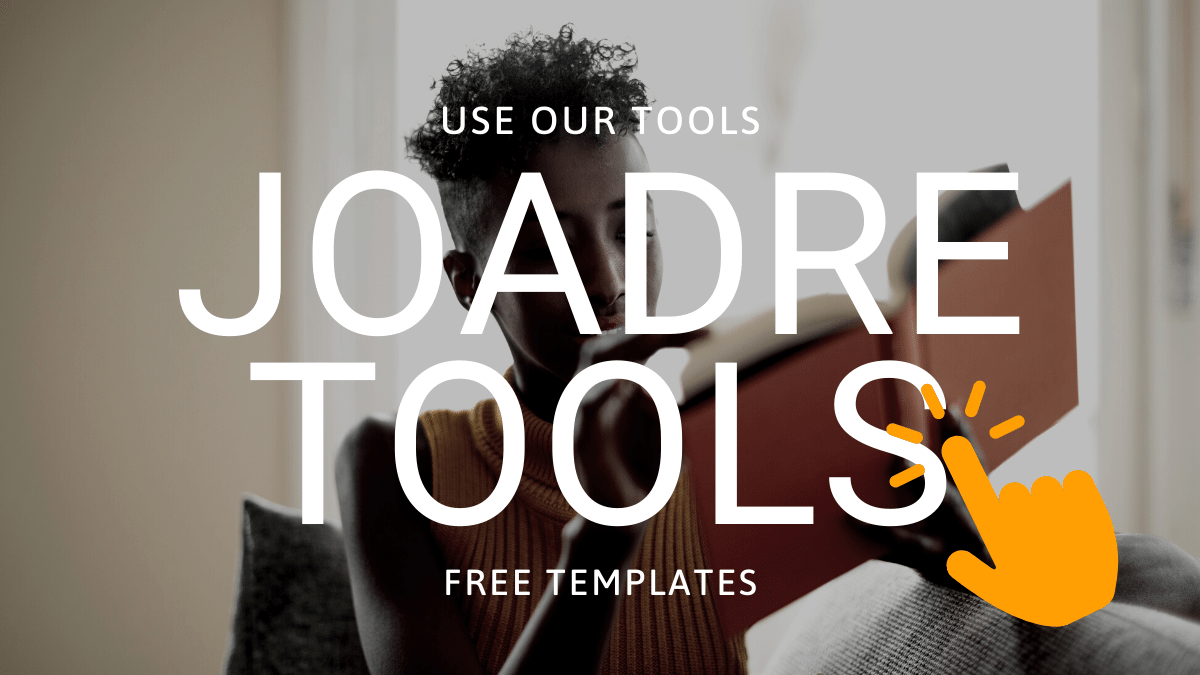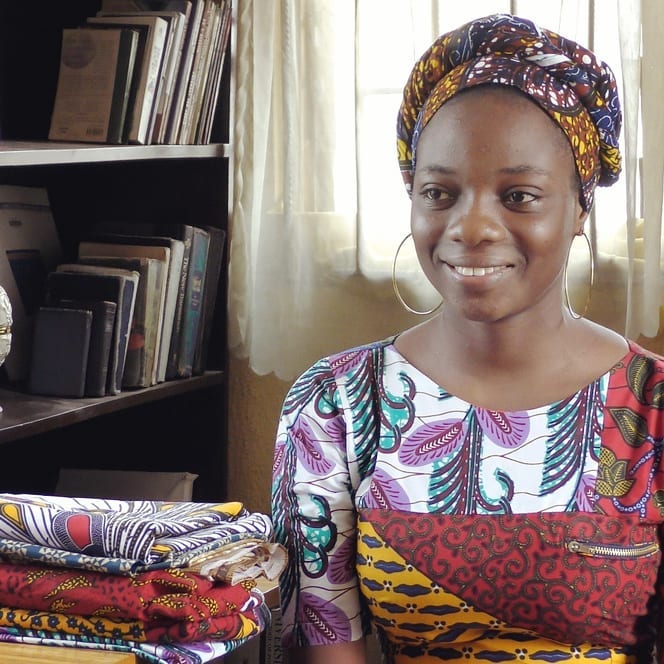Estimated reading time: 5 minutes
One of the most successful ventures in human history has been the investment in education. It not only offers the investor high returns, but it also safeguards both his or her future and the future of society as a whole. In this, we examine tertiary education in Nigeria as part of the formal educational system. If you are reading this for the first time, please go back and read the earlier parts to fully understand what we are discussing.
Advancing to Tertiary Institution
Candidates at the secondary school level must have a minimum of 5 credits in their O’Level result (including Maths and English) in order to continue on to the next stage of formal education, which is tertiary education. They must have taken and passed the Joint Admission Matriculation Board (JAMB) admission exam for higher education institutions. Some academic institutions continue to schedule additional exams to weed out applicants for admission. The Post UTME exam is what this one is called (Post Unified Tertiary Matriculation Examination). For JAMB, a score of 200 or more is required for admission to universities, while a score of 180–150 is required for polytechnic institutions. And for the College of Education, 170 below.
Tertiary Education In Nigeria
Universities and non-universities, including polytechnics, monotechnics, and colleges of education, make up Nigeria’s binary tertiary education system. It is noteworthy that legislation allowing the formation of private tertiary institutions was passed by the Federal government in 1993. The National Universities Commission NUC now has 153 registered universities in Nigeria. There are 68 privately held institutions, 45 state-owned universities, and 40 federal universities among them. According to the Federal Ministry of Education, there are 51 private polytechnics, 43 state-owned polytechnics, and 28 federal polytechnics in Nigeria. In contrast, there are 47 state-owned colleges of education, 22 federal colleges of education, and 26 approved private colleges of education. For a comprehensive list of institutions that have been accredited, visit the NUC page.
Requirements for admission to tertiary institutions in Nigeria
Candidates who want to enrol in universities in Nigeria must receive a minimum JAMB aggregate score of 200. They must pass the POST-UTME and have a minimum of 5 credits at O’level, including English and Mathematics. A cumulative score of at least 60% is recommended for a university like University of Ibadan and Lagos in order to be taken into consideration for admission. In Polytechnics, tertiary education lasts a minimum of 4 years, although the Ordinary National Diploma and Higher National Diploma each last 2 years. While it takes at least 4 years for standard studies in universities. With the exception of programs like medicine, which, even without the constant strikes by the Academic Staff Union of Universities, lasts around 7 years (ASUU). Due to frequent strike actions, students can end up spending a total of six years on a four-year degree.
Cost of Tertiary Education in Nigeria
The tertiary institutions are run and owned by both the government and private individuals. The government subsidises the cost of tuition at this level for students at public tertiary institutions, bringing the average tuition cost up to N40,000 in federal universities and N100,000 in state-owned colleges. Private postsecondary institutions charge expensive tuition rates, which are paid for each academic session, consisting of two semesters and frequently priced at a minimum of N400,000 . Despite this enormous sum, some parents have made the decision to work hard to make sure that their children don’t waste valuable time in public tertiary institutions due to strikes or other unforeseen events.
Nigerian Tertiary Institutions in the face of Covid19
During COVID 19, the majority of public schools were unable to continue operating. Surprisingly, private institutions were able to quickly adapt to the new situation by offering online teaching platforms. Interestingly, Covid 19 caught public tertiary institutions in a labour strike, which ultimately lasted for more than 10 months. After the strike, it took public institutions considerable time to develop a hybrid system where 70% of classes were delivered online and 30% in-person. Both students and professors found it challenging since they either complained about a shortage of internet data or a weak network. Conversely, some academics are merely uninformed about ICT. It was and still is necessary to put the ICT infrastructure and resources in Nigeria’s higher education institutions to the test. Speaking of ICT, check our resources on how to Understand Your Customer by Paying Attention To Data.
Job Entry Level for Nigerian Graduates
While Polytechnic and Monotechnic provide their graduates with National Diplomas (two years) and Higher National Diplomas (2years), the university grants its graduates a Bachelor’s Degree. At the conclusion of the program, the College of Education awards the National Certificate of Education (NCE). If employed by the federal government, a Bsc and HND holder begins at level 08 with a starting salary of roughly N128,000. NCE entry is level 7, while OND certificate holders enter at level 6. In the current job market, these certificates are no longer useful without further training or experience. This is in the midst of the never-ending effort to eliminate Nigeria’s disparity between Bsc and HND certificates, which impair employability. As it is, there are more job seekers than there are employers. You may read about 3 Small Business Grants for Nigerian Entrepreneurs in our recent blog.
You need templates to develop your ideas, try Joadre Tool. For premium experience using the tools, download Tribe app (Android Version), a tailored all-in-one app that provides you your own space to find, develop and grow sustainable business ideas. To receive consistent learning resources via email, sign up for our newsletter here.
Cheers
Joadre Editorial
More on this topic, read Part 1, Part 2, Part 3, Part 4 & Part 5.




